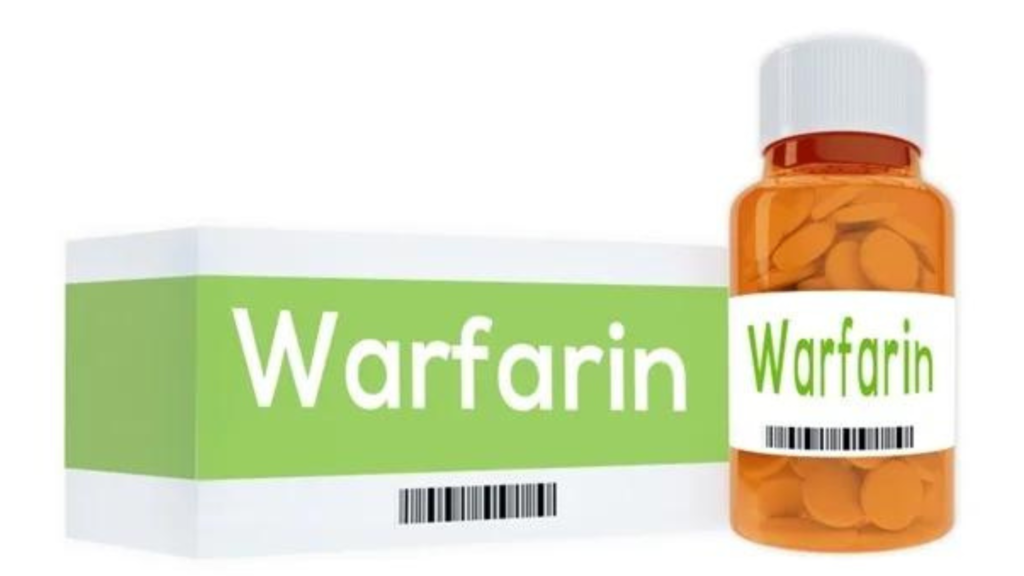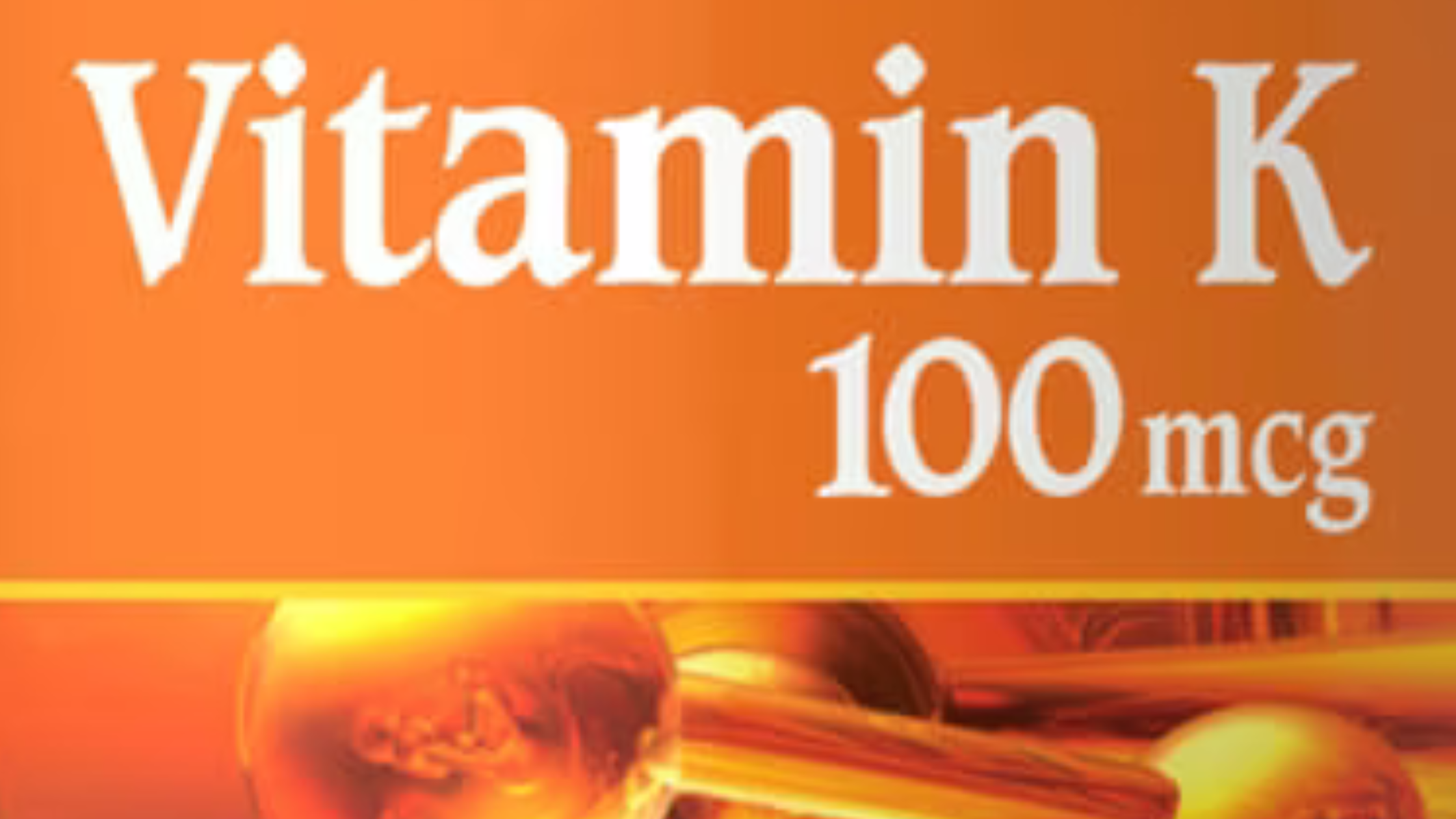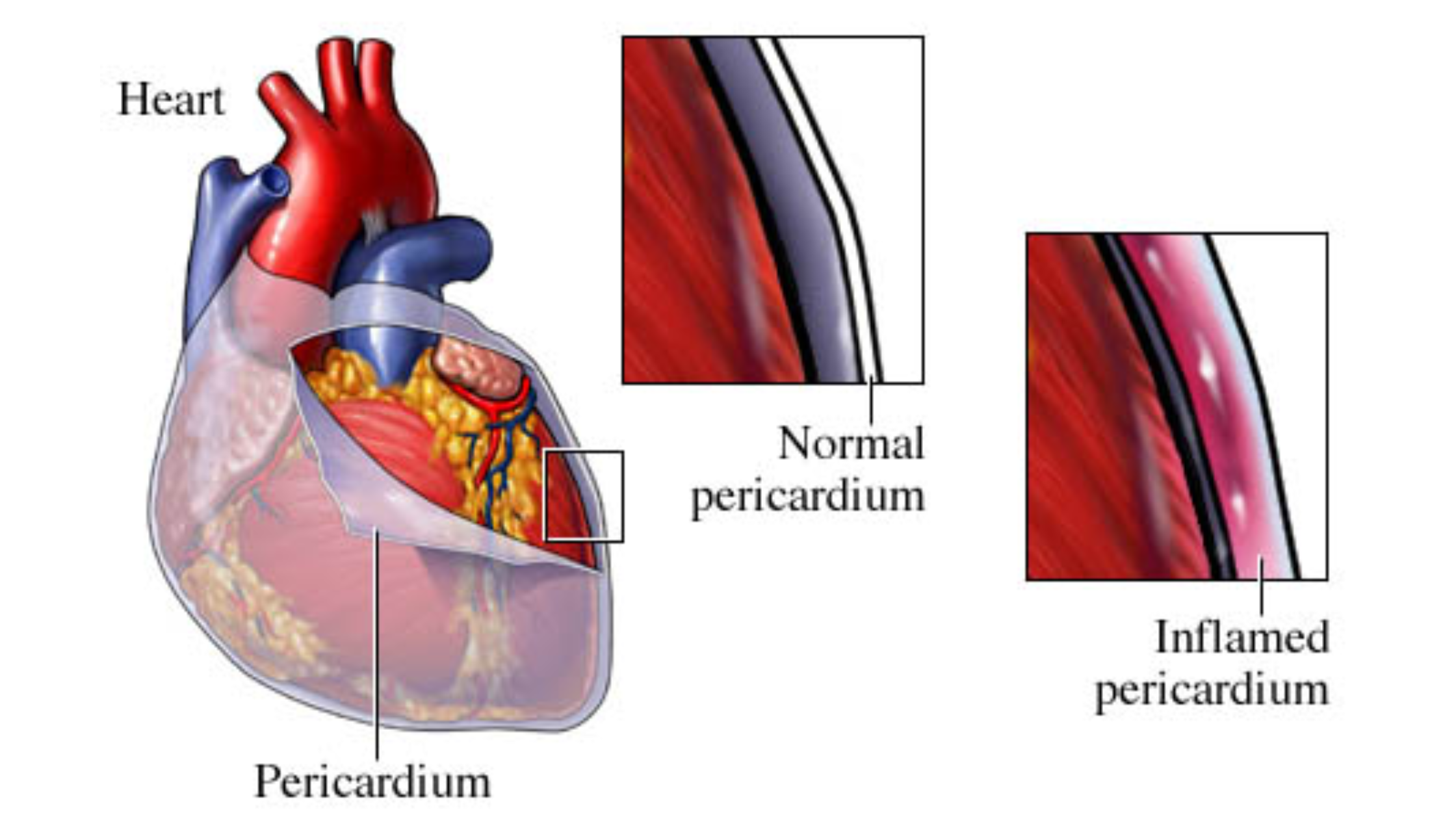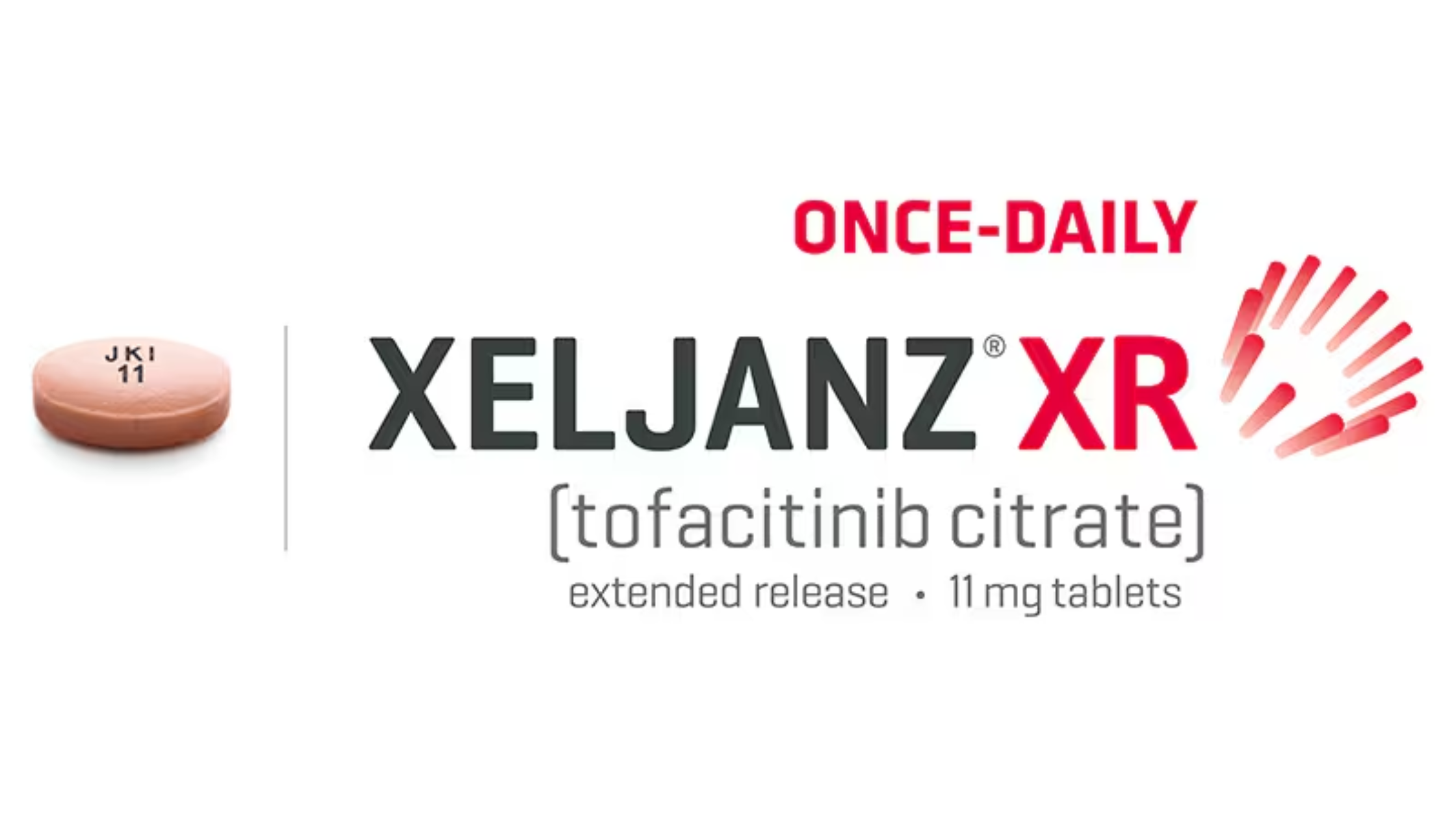Last updated on August 12th, 2024 at 09:49 am
I will help you discover what is vitamin K antidote for, the essential role of Vitamin K as an antidote for Warfarin overdose, anticoagulant rodenticide poisoning, and Vitamin K deficiency. Learn about its mechanisms, applications, and importance in various medical scenarios.
Vitamin K is a fat-soluble vitamin, that plays a crucial role in your blood clotting, bone metabolism, and regulating blood calcium levels. It exists in two main forms: Vitamin K1 (phylloquinone) which is found in green leafy vegetables, and Vitamin K2 (menaquinone) which is found in animal products and fermented foods. The importance of Vitamin K in medical science extends beyond its nutritional benefits, as it serves as a vital antidote in specific medical conditions.

The Role of Vitamin K in Blood Clotting
Before understanding its role as an antidote, it’s essential to grasp Vitamin K’s fundamental function in blood clotting. The coagulation process involves a series of steps where blood changes from a liquid to a gel, forming a blood clot. This process is vital in preventing excessive bleeding when injuries occur. Vitamin K is a crucial component in synthesizing several clotting factors, including prothrombin (factor II), and factors VII, IX, and X. Without sufficient Vitamin K, the body cannot produce these proteins effectively, leading to increased bleeding and difficulty in clotting formation.
Vitamin K Antidote for Warfarin Overdose

Warfarin and Its Mechanism
Warfarin, a commonly used anticoagulant, is prescribed to prevent blood clots in conditions such as atrial fibrillation, deep vein thrombosis (DVT), and pulmonary embolism. It works by inhibiting the enzyme Vitamin K epoxide reductase, which is necessary for recycling Vitamin K1. By doing so, Warfarin reduces the levels of active Vitamin K, impairing the synthesis of clotting factors and thus, thinning the blood.
Overdose and Its Complications
Warfarin has a narrow therapeutic index, meaning that the range between an effective dose and a toxic dose is small. Overdosing on Warfarin can lead to serious complications, including excessive bleeding, hemorrhage, and potentially life-threatening situations. Symptoms of Warfarin overdose include unusual bruising, nosebleeds, bleeding gums, blood in urine or stools, and prolonged bleeding from cuts.
Vitamin K as an Antidote
When Warfarin overdose occurs, Vitamin K is the primary antidote used to reverse its effects. By replenishing the body’s Vitamin K levels, it enables the production of clotting factors, thereby restoring the blood’s ability to clot. Vitamin K can be administered orally, intravenously, or subcutaneously, depending on the severity of the overdose and the patient’s condition.
Vitamin K Administration and Dosage
- Oral Administration: For mild cases of Warfarin overdose, oral Vitamin K is often preferred due to its ease of administration and high bioavailability. It generally takes about 6 to 10 hours for the effects to become apparent.
- Intravenous Administration: In severe cases, where rapid reversal is necessary, intravenous Vitamin K is administered. It works within 1 to 2 hours, making it ideal for emergencies.
- Subcutaneous Administration: This method is less commonly used but may be considered in specific circumstances. The onset of action is slower compared to intravenous administration but faster than oral administration.
Vitamin K Antidote for Anticoagulant Rodenticides
Anticoagulant Rodenticides
Anticoagulant rodenticides, used to control rodent populations, pose a significant risk to non-target species, including pets and wildlife. These rodenticides, such as brodifacoum, difenacoum, and bromadiolone, work similarly to Warfarin by inhibiting Vitamin K epoxide reductase, leading to internal bleeding and death in rodents.
Poisoning in Non-Target Species
Accidental ingestion of anticoagulant rodenticides by pets, particularly dogs and cats, or wildlife can result in severe, often fatal, bleeding disorders. Symptoms of poisoning may include lethargy, pale gums, nosebleeds, blood in vomit or feces, and difficulty breathing due to internal bleeding.
Role of Vitamin K as an Antidote
Vitamin K is the antidote for anticoagulant rodenticide poisoning. Administering Vitamin K replenishes the body’s supply, allowing for the synthesis of clotting factors and stopping the bleeding. The treatment typically involves high doses of Vitamin K1 given over several weeks, as these rodenticides have long half-lives and can remain in the body for extended periods.
Vitamin K Deficiency and Associated Disorders
Causes of Vitamin K Deficiency
Vitamin K deficiency is relatively rare but can occur in specific populations, including newborns, individuals with malabsorption disorders, and those on long-term antibiotic therapy. Causes of Vitamin K deficiency include:
- Inadequate Dietary Intake: Although rare, insufficient consumption of Vitamin K-rich foods can lead to deficiency.
- Malabsorption Disorders: Conditions such as celiac disease, Crohn’s disease, and cystic fibrosis can impair the absorption of fat-soluble vitamins, including Vitamin K.
- Prolonged Antibiotic Use: Long-term use of antibiotics can disrupt the gut microbiota, which synthesizes Vitamin K2, leading to deficiency.
Symptoms and Complications
Vitamin K deficiency impairs the production of clotting factors, leading to an increased risk of bleeding. Symptoms may include easy bruising, bleeding gums, nosebleeds, and prolonged bleeding from cuts. In severe cases, internal bleeding and hemorrhage can occur, posing significant health risks.
Vitamin K as an Antidote
In cases of Vitamin K deficiency, supplementation with Vitamin K is necessary to restore normal clotting function. Depending on the severity of the deficiency and the presence of symptoms, Vitamin K can be administered orally or intravenously. For newborns, a single intramuscular injection of Vitamin K1 at birth is standard practice to prevent hemorrhagic disease of the newborn.
Vitamin K and Liver Disease
Impact of Liver Disease on Clotting
The liver plays a vital role in producing clotting factors, and liver disease can severely impair this function. Conditions such as cirrhosis, hepatitis, and liver cancer can lead to a deficiency in clotting factors, increasing the risk of bleeding.
Role of Vitamin K in Liver Disease
In patients with liver disease, Vitamin K is often used to support clotting function. While it may not completely reverse the clotting abnormalities caused by liver damage, it can help improve the synthesis of clotting factors. Vitamin K supplementation is particularly important before surgical procedures or invasive interventions to reduce the risk of excessive bleeding.
Vitamin K in Surgical and Medical Procedures
Preoperative and Postoperative Use
In patients undergoing surgery or invasive procedures, ensuring adequate Vitamin K levels is crucial to prevent excessive bleeding. Preoperative Vitamin K supplementation may be necessary for patients with known deficiencies, liver disease, or those on anticoagulant therapy. Postoperatively, Vitamin K may be used to support recovery and reduce the risk of bleeding complications.
Role in Specific Medical Procedures
- Liver Biopsy: Vitamin K is often administered before a liver biopsy to minimize the risk of bleeding.
- Dialysis: Patients undergoing dialysis may require Vitamin K supplementation to manage clotting function, especially if they are on anticoagulant therapy.
- Gastrointestinal Procedures: Procedures involving the gastrointestinal tract, such as endoscopy or colonoscopy, may necessitate Vitamin K supplementation to reduce bleeding risks.
Vitamin K in Neonatal Care

Hemorrhagic Disease of the Newborn
Newborns are at risk of hemorrhagic disease of the newborn (HDN), a condition characterized by severe bleeding due to Vitamin K deficiency. This occurs because Vitamin K does not cross the placenta well, and breast milk contains low levels of Vitamin K.
Prophylactic Vitamin K Administration
To prevent HDN, it is standard practice to administer a single intramuscular injection of Vitamin K1 to all newborns shortly after birth. This prophylactic measure effectively reduces the risk of bleeding and ensures adequate clotting function during the early days of life.
Vitamin K and Bone Health
Role in Bone Metabolism
Beyond its role in blood clotting, Vitamin K is essential for bone health. It activates osteocalcin, a protein involved in binding calcium to the bone matrix, thereby contributing to bone strength and integrity.
Vitamin K Deficiency and Osteoporosis
Vitamin K deficiency has been linked to an increased risk of osteoporosis and fractures. In individuals with osteoporosis or those at risk, Vitamin K supplementation may help improve bone density and reduce the likelihood of fractures.
Dietary Sources and Supplementation
Natural Sources of Vitamin K
A balanced diet rich in Vitamin K is essential for maintaining optimal health. Key dietary sources include:
- Vitamin K1: Found in green leafy vegetables such as spinach, kale, broccoli, and Brussels sprouts.
- Vitamin K2: Found in animal products like meat, cheese, and eggs, as well as fermented foods like natto and sauerkraut.
Supplementation
In cases where dietary intake is insufficient or in specific medical conditions, Vitamin K supplements may be necessary. These supplements are available in various forms, including tablets, capsules, and injections. It’s important to consult with a healthcare professional before starting any supplementation regimen to ensure appropriate dosage and to avoid potential interactions with other medications.
Safety and Side Effects
Potential Side Effects
Vitamin K is generally safe when taken in recommended amounts. However, high doses may cause side effects such as flushing, sweating, dizziness, and injection site reactions. It’s important to follow healthcare providers’ recommendations to avoid adverse effects.
Interactions with Medications
Vitamin K can interact with certain medications, particularly anticoagulants like Warfarin. Patients on anticoagulant therapy should consult their healthcare provider before taking Vitamin K supplements to avoid potential complications.
Conclusion
Vitamin K is a vital nutrient with diverse roles in blood
clotting, bone health, and overall metabolic function. Its importance extends beyond nutrition, serving as a critical antidote in various medical scenarios, including Warfarin overdose, anticoagulant rodenticide poisoning, and Vitamin K deficiency. Understanding the mechanisms, applications, and implications of Vitamin K as an antidote is essential for healthcare providers and patients alike. By ensuring adequate Vitamin K levels through diet, supplementation, and appropriate medical interventions, we can support optimal health and mitigate the risks associated with its deficiency.
Spanish- Vitamina k Como Antidoto
“Vitamina K como antídoto” se refiere al uso de la vitamina K como tratamiento para revertir los efectos de ciertos anticoagulantes, especialmente los antagonistas de la vitamina K, como la warfarina.
Contexto:
La warfarina es un medicamento que se utiliza para prevenir la formación de coágulos de sangre. Funciona al inhibir la acción de la vitamina K en el cuerpo, que es esencial para la producción de factores de coagulación. Sin estos factores, la sangre no puede coagularse correctamente, lo que reduce el riesgo de coágulos.
Uso de la Vitamina K:
Cuando una persona toma demasiada warfarina o si hay un riesgo elevado de hemorragia, se puede administrar vitamina K para contrarrestar su efecto. La vitamina K actúa como un “antídoto” al restaurar la capacidad del cuerpo para producir los factores de coagulación necesarios, lo que ayuda a normalizar la coagulación de la sangre.
Aplicación:
La vitamina K puede administrarse por vía oral o intravenosa, dependiendo de la gravedad del caso. Su uso es crucial en situaciones donde se necesita revertir rápidamente la anticoagulación, como antes de una cirugía de emergencia o en casos de hemorragia severa.
En resumen, la “vitamina K como antídoto” se utiliza para revertir los efectos anticoagulantes de medicamentos como la warfarina, ayudando a restaurar la coagulación normal de la sangre en situaciones de riesgo.




